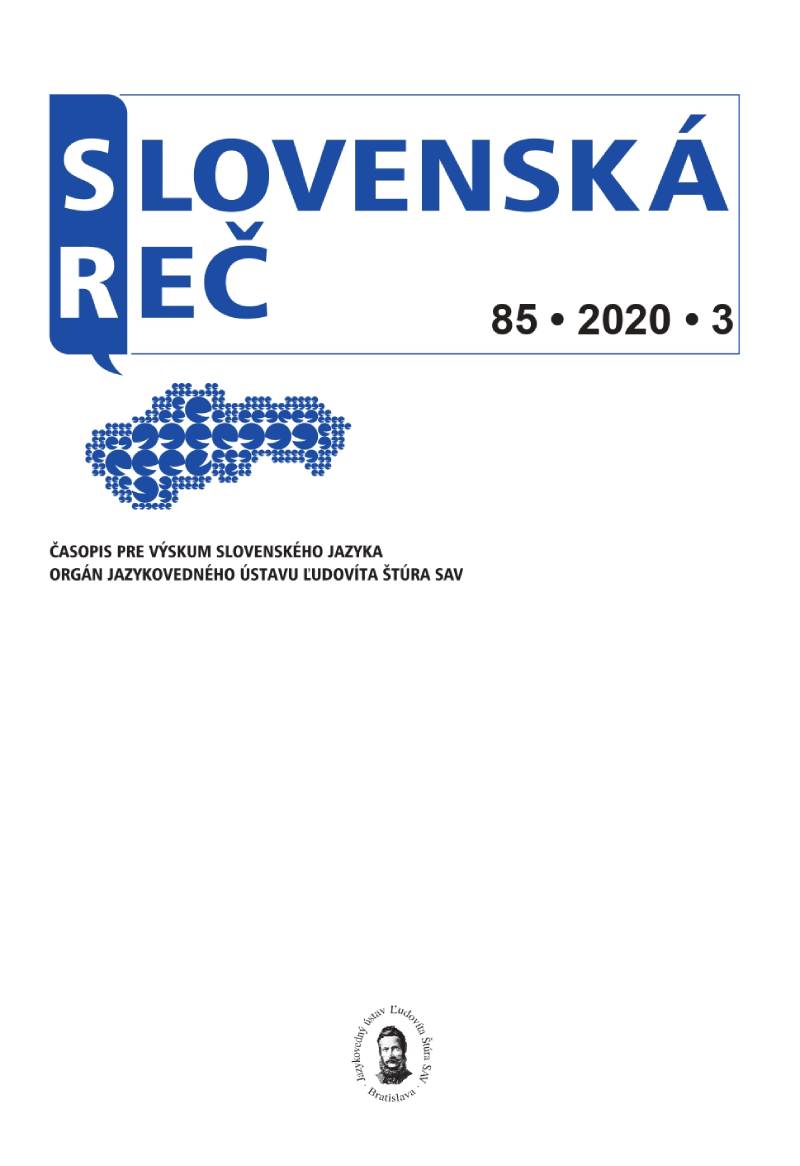Negatívna axiologická disponibilita jazykových prostriedkov: predpoklady a konzekvencie
Axiological Non-Availability of Language Means: Prerequisites and Consequences
Author(s): Jana SokolováSubject(s): Language and Literature Studies, Theoretical Linguistics, Applied Linguistics, Semantics, Sociolinguistics
Published by: SAV - Slovenská akadémia vied - Jazykovedný ústav Ľudovíta Štúra Slovenskej akadémie vied
Keywords: axiological availability; focalization; speaker; licensed context;
Summary/Abstract: The central theme of this study is the axiological non-availability of language means in Slovak. It is defined as an inherent semantic-axiological perspective of the language means that determines the syntactic structures of their use and influences the meaning and adequacy of communication interactions. Since the non-available language means involve pragmatically sensitive expressions, will we be interested in exploring the licensed contexts in which they are used by the speakers. As a basic explanatory construct in egolinguistics, the speaker operates as a person and also in terms of his/her communication roles in linguistic semantics. The study focuses on (a) the issue of attitude and focalization, which is associated with the speaker, and (b) identity and circumstances of distribution of the expressions with a strong and weak non-availability. Our reasoning will be based on the use of the inference scheme known as “abduction”, and/or “abductive explanation”. The data used in our research were taken from the Slovak National Corpus.
Journal: Slovenská reč
- Issue Year: 85/2020
- Issue No: 3
- Page Range: 265-281
- Page Count: 17
- Language: Slovak

